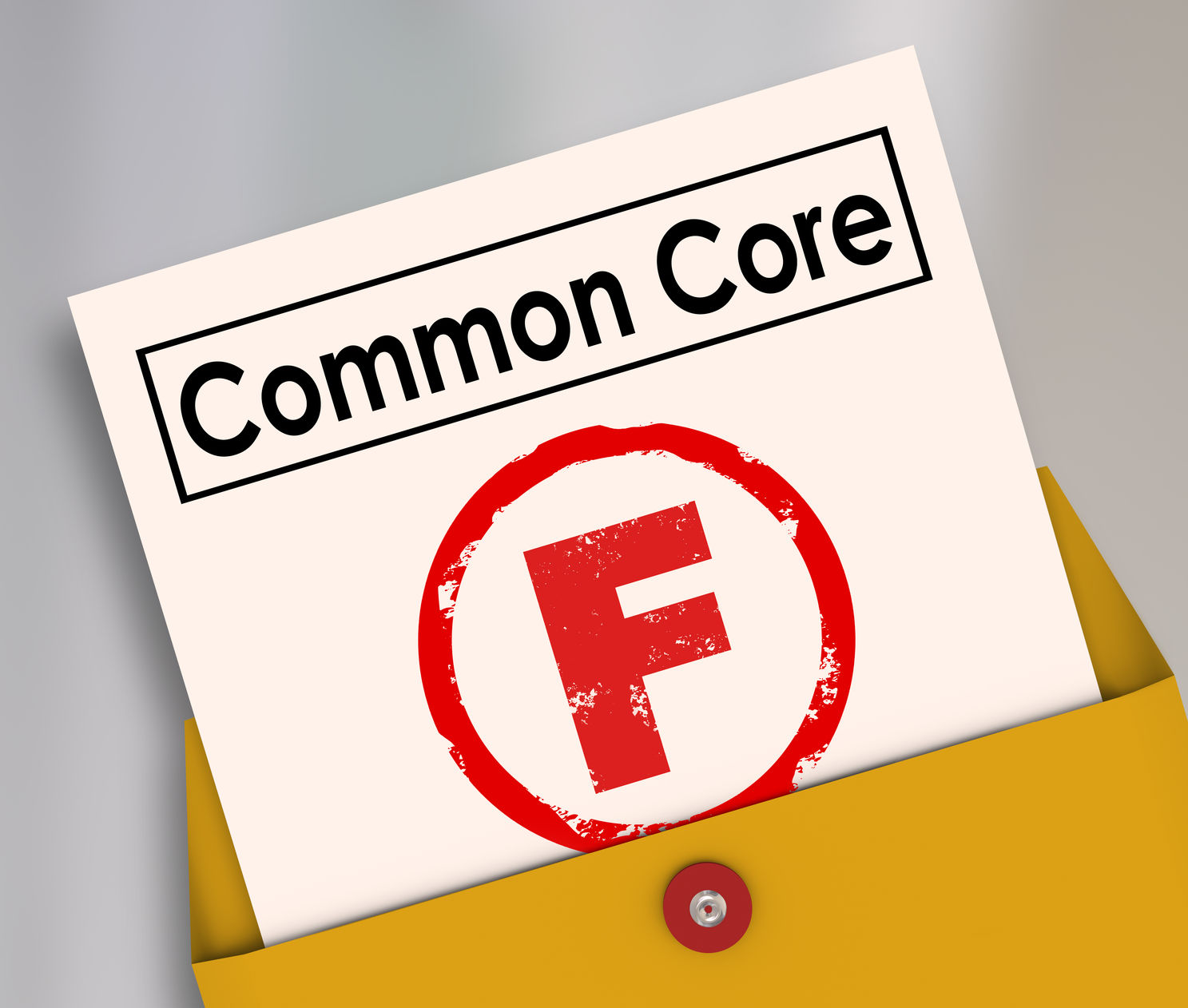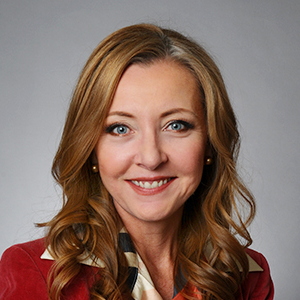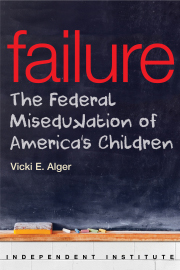Instead of ill-conceived standards, improve schools with vouchers and competition.
Americans expect more individualization, from flexible workplace schedules and telecommuting, to TV programs that can be watched at viewers’ convenience.
Yet American education is moving in the opposite direction toward one-size-fits-all schooling thanks in no small part to the Common Core national standards. Savvy education consumers should reject this growing centralization and start demanding from education what they demand from every other industry sector: more innovation and personalization.
Common Core was publicized as a state-led, voluntary initiative, but it was actually an offer states couldn’t refuse if they wanted their share of billions of federal education dollars. Now that most states have signed on, they’re getting more—and less—than they bargained for.
Common Core is supposed to provide a consistent understanding of what students should know to be college-and career-ready. But it turns out Common Core’s standards are no more rigorous than the average state standards were. Worse, new Common Core-aligned tests cost state taxpayers about twice as much their previous standard tests.
Experts who served on the Common Core Validation Committee also warn that academic rigor was compromised to get political buy-in from the various interest groups involved—including teachers unions. For example, the only math-content expert, Stanford University mathematics Professor Emeritus James Milgram, explained that questionable content decisions were approved to make Common Core standards “acceptable to the special interest groups involved.” Milgram concluded that the Common Core is “in large measure a political document” that is watered down—not strengthened by practices used in high-achieving countries.
Another Validation Committee member, University of Arkansas Professor Sandra Stotsky who was in charge of revising K-12 standards in Massachusetts (considered the strongest nationwide) together with former U.S. Department of Education senior policy adviser Ze’ev Wurman, also warn that Common Core’s notion of college- and career-readiness “may decrease, not increase, student achievement,” in large part because it’s geared toward minimal competencies such as graduating high school or avoiding remedial classes at two-year community colleges.
Unsurprisingly, the approved curriculum is advancing a partisan political agenda, showcasing pro-labor union and pro-universal health care materials, along with more graphic, adult-themed books under the auspices of promoting diversity and toleration. The problems don’t stop there.
Non-academic, personal information is also being collected through federally-subsidized Common Core testing consortia about students and their parents, including family income, political affiliation, religion, and students’ disciplinary records—all without parental consent. That information, including Social Security numbers of students in at least one state, is being shared with third-party data collection firms, prompting a growing number of parents to opt their children out of Common Core.
Ultimately, Common Core rests on the faulty premise that one centralized entity knows what’s best for all 55 million students nationwide. Of course, children need to learn the basics, but there are better ways of accomplishing that goal than embracing a national curriculum developed by Washington.
Parental choice programs, for example, educate students to high standards, without limiting the diverse schooling options needed to meet their unique needs. Importantly, unlike rigid federal mandates, these programs provide real, immediate accountability: parents can enroll or transfer their children to different schools if they believe their current schools aren’t performing.
This year, nearly 245,000 students are attending schools of their parents’ choice through 32 voucher and tax-credit scholarship programs operating in 16 states and D.C., as well as one educational savings account program in Arizona. Scientific research consistently shows that participating students have higher graduation and college attendance rates, as well as higher reading and math scores, than their peers.
These are compelling findings, especially since students participating in parental choice programs are overwhelmingly from low-income families and had previously attended underperforming or failing public schools.
Importantly, private schools get results without the inflexibility of a cookie-cutter system. They offer an array of curricular choices, from Montessori to back-to-basics. Not only do most private schools administer standardized tests and report results directly to parents, they also report information that’s most important to parents, including student-teacher ratios, course descriptions and college acceptance rates.
Regardless of the particular academic program offered, private schools must continue offering rigorous academics children need and parents think are best—or risk losing students to other schools.
Washington doesn’t make schools accountable. Parents do. Washington doesn’t improve school performance. Competition for students does. Parental choice ensures high standards and encourages the customization students need to succeed in school and beyond—without all the cost, compromised rigor or political agendas.









